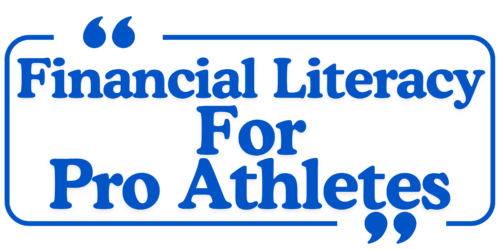Curriculum: Real Estate Literacy: Investing in Property
Module 1: Introduction to Real Estate Investing
- Objective: Understand the basics of real estate as an investment vehicle.
- Topics Covered:
- Definition of real estate investing: residential vs. commercial properties
- Benefits of real estate investing: cash flow, appreciation, and tax advantages
- Common misconceptions about real estate investing
- Overview of different types of real estate investments (single-family homes, multi-family units, REITs, etc.)
Module 2: The Real Estate Market Landscape
- Objective: Learn about the real estate market and factors that influence property values.
- Topics Covered:
- Understanding local and national real estate markets
- Key economic indicators: interest rates, employment rates, and housing supply/demand
- Market cycles: phases of the real estate market (recovery, expansion, hyper-supply, recession)
- Researching and analyzing market trends
Module 3: Financing Your Real Estate Investment
- Objective: Explore financing options available for real estate investments.
- Topics Covered:
- Types of financing: conventional loans, FHA loans, hard money loans, and private financing
- Understanding down payments, interest rates, and loan terms
- Importance of credit scores in securing financing
- Calculating investment property cash flow and ROI
Module 4: Property Valuation and Analysis
- Objective: Learn how to evaluate and analyze potential investment properties.
- Topics Covered:
- Understanding property valuation methods: comparative market analysis (CMA), income approach, and cost approach
- Key metrics to assess investment properties: cap rate, cash-on-cash return, and gross rental yield
- Performing due diligence: property inspections, title searches, and zoning regulations
- Analyzing neighborhood and location factors that affect property value
Module 5: Rental Property Management
- Objective: Gain skills in managing rental properties effectively.
- Topics Covered:
- Understanding tenant laws and landlord responsibilities
- Setting rental rates: factors to consider and market analysis
- Marketing rental properties: attracting and screening tenants
- Property maintenance: budgeting for repairs and managing contractors
Module 6: Real Estate Investment Strategies
- Objective: Explore various investment strategies for success in real estate.
- Topics Covered:
- Buy-and-hold strategy: benefits of long-term investment
- Fix-and-flip strategy: pros and cons of renovating properties for resale
- Real estate syndication: pooling resources for larger investments
- Vacation rental investments: understanding short-term rental markets (e.g., Airbnb)
Module 7: Legal Considerations in Real Estate Investing
- Objective: Understand the legal aspects of real estate investing.
- Topics Covered:
- Importance of contracts: purchase agreements, lease agreements, and property management contracts
- Navigating local real estate laws and regulations
- Understanding liability and risk management in real estate
- The role of real estate agents and brokers
Module 8: Tax Implications of Real Estate Investing
- Objective: Learn about the tax benefits and implications associated with real estate investments.
- Topics Covered:
- Tax deductions available for property owners (mortgage interest, property taxes, depreciation)
- Understanding 1031 exchanges: deferring capital gains taxes
- Tax implications of rental income and short-term rentals
- Keeping accurate financial records for tax purposes
Module 9: Building a Real Estate Portfolio
- Objective: Develop strategies for creating and managing a diversified real estate portfolio.
- Topics Covered:
- Importance of diversification in real estate investments
- Strategies for scaling up: acquiring additional properties over time
- Managing risk: understanding market volatility and property performance
- Leveraging real estate to build wealth and achieve financial goals
Module 10: Case Studies and Best Practices
- Objective: Analyze real-world examples of successful real estate investments.
- Topics Covered:
- Case studies of successful athletes and celebrities in real estate
- Lessons learned from failed investments: avoiding common pitfalls
- Best practices for effective real estate investing
- Inspiring stories of impact and community development through real estate
Assessment and Certification
- Objective: Evaluate understanding and provide certification upon completion.
- Components:
- Quizzes at the end of each module to assess knowledge retention
- A final exam covering all modules
- Certificate of completion for successful participants
Interactive Elements
- Webinars and Q&A Sessions: Host live sessions with real estate experts to discuss important topics.
- Discussion Forums: Create a community space for athletes to share experiences and insights related to real estate investing.
This curriculum aims to empower professional athletes with comprehensive knowledge and skills in real estate investing, enabling them to make informed decisions that can enhance their financial future.
